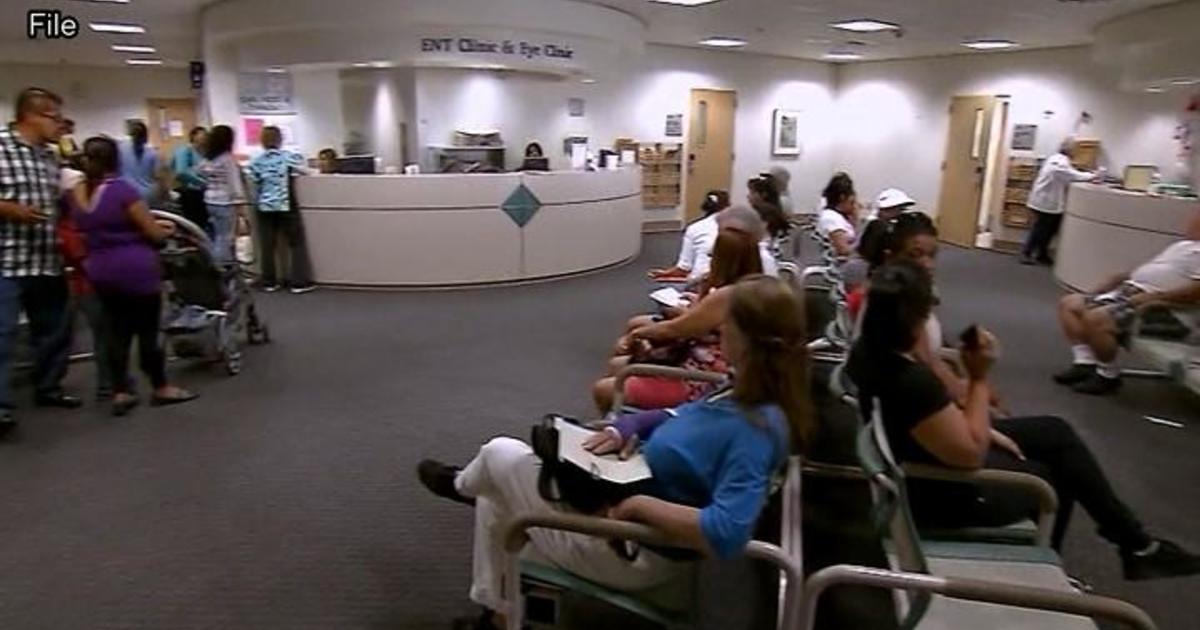Maryland Sees Little Risk To Water From Fracking
HAGERSTOWN, Md. (AP) -- Maryland's environmental regulators released a report Friday suggesting there is little risk of drinking water contamination from hydraulic fracturing for natural gas in the far western part of the state.
The finding surprised critics, who have cited much-publicized cases of tainted groundwater linked to gas wells in Pennsylvania and Texas. The report cites recent studies that blame that contamination on problems with pipes and seals rather than on the drilling technique, also known as fracking.
The draft report by the state departments of the environment and natural resources is open for public comment through Nov. 3.
It says existing regulations and proposed best practices for gas drilling would protect public drinking water sources, and the risk of contamination to private water wells is low under most scenarios.
The most serious risk is a moderate probability that groundwater could become contaminated with methane gas from a casing or cement failure in a gas well 2,000 feet from a private water well, the report says.
The probability of contamination is low if the gas well is set back at least one kilometer, or 3,280 feet, from a drinking water well, the report says.
The report is part of the state's process for deciding whether to allow hydraulic fracturing in Maryland's portion of the Marcellus shale rock formation underlying Garrett and Allegany counties. The process uses large amounts of water and sand along with chemicals to break rock apart and free the gas.
Rebecca Ruggles, director of the Maryland Environmental Health Network, said the report was "overly reliant on an optimistic view of the effectiveness of the proposed best practices," which she said haven't been tested.
And she said the report underestimated the risk of well casing failures. Since the fracking boom started in Pennsylvania in 2008, that state has identified 243 cases of private water supplies contaminated by oil and gas activities out of more than 20,000 wells drilled there.
Katie Brown of Energy in Depth, a program of the Independent Petroleum Association of America, called the study "yet another report that shows that the practice is safe."
She said the safeguards proposed by Maryland regulators are important "because you're not going to have risk-free energy development but the important question is, `Can the risks be managed?' And this report says they can."
The report found an elevated risk of harm to aquatic life under certain conditions during times of drought due to the industry's need for large amounts of water.
The report said some of the greatest risks posed by gas drilling involve traffic congestion, vehicle accidents and road damage. But the report says those risks can be managed by traffic planning.
Copyright 2013 by The Associated Press. All Rights Reserved.)



